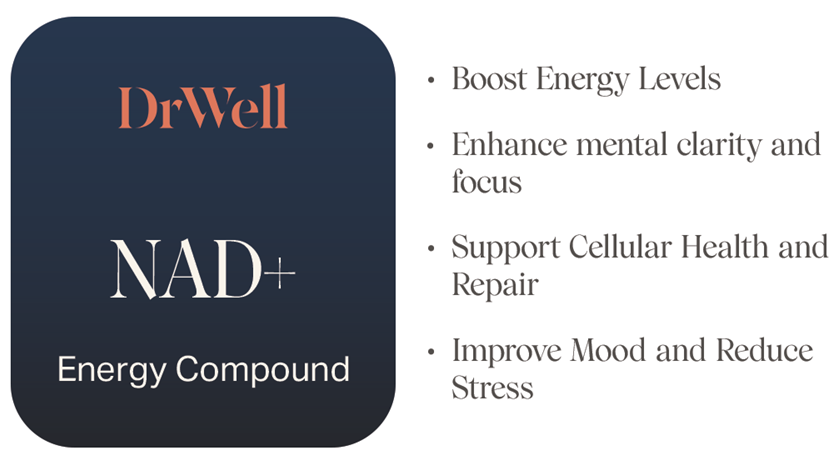
It’s a battle of the sexes!
Many female plastic surgeons wisely market themselves as being able to relate better to female patients. This is cleverer than other marketing strategies. For example, saying you’re board certified doesn’t adequately distinguish a plastic surgeon since most are also board certified. But when a woman promotes herself as more relatable because of her gender, I have no rebuttal as a man. I can argue that I’m board certified, that my results are great, that I’m transparent with my pricing…but I can’t become a female plastic surgeon (well, technically I guess I could, but you know what I mean)!
However, in many cases as a male plastic surgeon, I do believe I have an advantage over a female plastic surgeon. As a guy, I know what guys want. If women are undergoing a cosmetic procedure to be more attractive to the opposite sex (in many, but of course, not all cases), who would know better what the opposite sex wants than a plastic surgeon that’s the opposite sex?!
Sexism and objectification of women
But does that sound sexist? Before you answer that question, here’s another. If my suggestion is sexist that I can relate better to female patients because I know what a man is looking for in the aesthetically-pleasing female, then what about the belief by some female plastic surgeons that they, and they alone, can better appreciate beauty in a female? If our marketing techniques are both tapping into gender stereotypes, aren’t we both guilty of sexism on some level? (For the record, I don’t use my gender as a marketing technique).
While we’re on the topic of gender and gender stereotypes, are male and female plastic surgeons, in the execution of their daily vocation, objectifying women when recommending the most aesthetically pleasing treatment? Aren’t we both opining on what makes a women prettier by a societal standard? Is the objectification of women by women more acceptable than the objectification of women by men? I would argue that we (both male and female plastic surgeons) are all living in a glass house when it comes to the potential of cosmetic surgery to objectify women. And as they say, when you’re in a glass house, you shouldn’t throw stones.
Gender-focused marketing by the plastic surgeon
Keep in mind that all of the above arguments are from the plastic surgeon’s perspective. How they market and present themselves to the patient. But what if we ask the patient? Is a female patient more comfortable getting undressed in front of a female plastic surgeon for an exam? Is the male patient suffering from gynecomastia (excess male breast tissue) more comfortable undressing in front of a male plastic surgeon? That’s certainly understandable and the patient’s prerogative.
Within that context, it turns out that it’s all about the patient and their predetermined comfort level. Predetermined in that they were going to seek out a female or male plastic surgeon regardless of any gender-focused marketing on the part of the plastic surgeon.
As a patient, whom would you rather see as your plastic surgeon?




